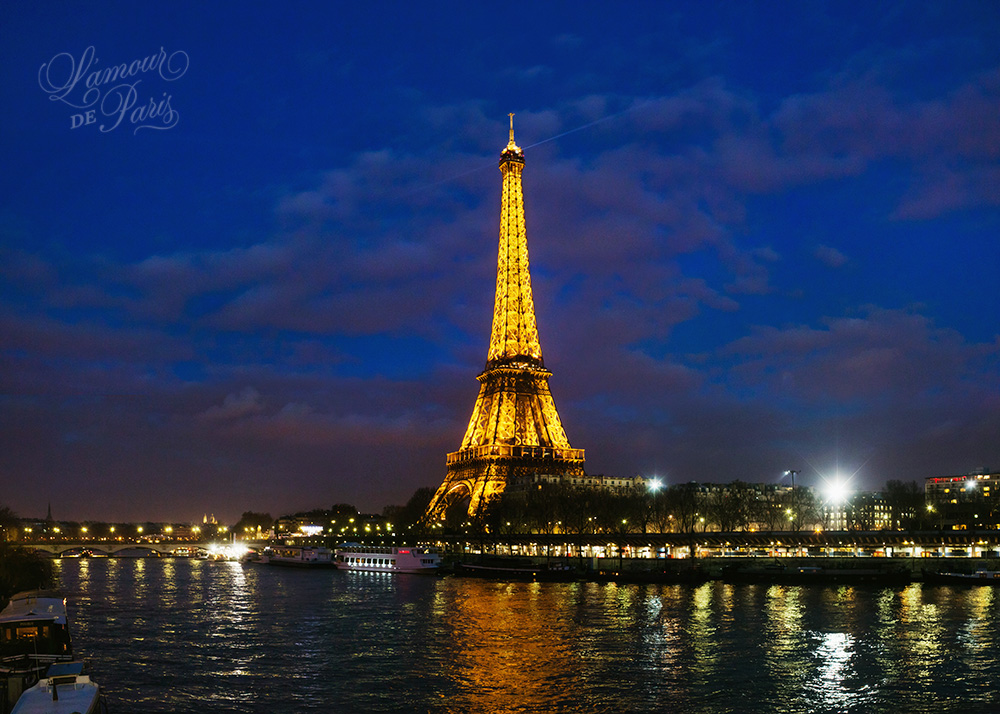When I first saw this assignment I was not exactly sure about what dialogue I would write about or pick. I decided I would come back to the assignment later and watched some television instead. I was watching one of my favorite shows, Modern Family, and then I heard it, the perfect dialogue.
PHIL- We can learn so much from the children. I bet it all seems kind of silly what you guys were even fighting about, huh?
MANNY- I made fun of his poofy hair.
LUKE -I made fun of his accent.
GLORIA-What accent?
(Everybody laughs.)
MANNY- I made fun of him having the same thing for lunch every day.
(More laughter)
LUKE- I made fun of him because his mom used to dig coal.
(More laughter still, except from Gloria.)
GLORIA-What?
MANNY- He said you were a coal-digger.
PHIL-Okay, I think we can move on.
GLORIA-Who said I was a “coal-digger”?
LUKE-That’s what my Mom told me.
ALEX- What’s a coal-digger?
PHIL-He heard it wrong, it’s gold-digger.
HALEY- (into phone) I’m going to call you back.
CLAIRE-Okay, wow, I do not remember ever saying that.
LUKE- You said it in the car, you said it at Christmas, you said it at that Mexican restaurant --
CLAIRE-Oh, look. Mister leaves-his-sweatshirts-at-school suddenly remembers everything.
GLORIA-So it was all in my head, huh?
(She makes the Claire face to Claire then starts out.)
CLAIRE- (Calling after) But that was like a year ago before I even knew you. Gloria...
Gloria exits.
MANNY- Nice going. Now my Mom and my sister are fighting.
*the following script excerpt was obtained from http://www.simplyscripts.com/tv_all.html
This dialogue is so interesting and humorous because it plays upon the typical stereotypes of society. For example Claire, is accused of calling her new step-mother a gold digger. Claire thinks this because Gloria, her new step, mom is quite an attractive woman and much younger than her father. She has a hard time believing that Gloria’s intentions are genuine. What makes this dialogue so humorous is that the children interpret the term “gold-digger” as “coal-digger”, so they completely miss the meaning of the comment. It works because Claire tries to diffuse the situation by making comments about her son, and completely denying the entire situation. The situation becomes even more comical when her husband accidentally reinforces that she did mean “gold-digger” as oppose to “coal digger”. The dialogue concludes on a comic note because Manny blames Luke for causing his mother and sister to fight. Manny’s statement stresses the complexity of the family because his mother is Gloria, making Claire his step sister.
The dialogue is funny because it is relatable. We laugh at it because numerous times we find ourselves having similar opinions on certain topics. This dialogue taught me several things on how to make a dialogue more effective. It should go back and forth, almost like a game of ping pong. The characters should have a good connection so that what they are speaking about is clear enough to understand. This dialogue also manages to give incite on the character’s personalities. Phil is a bit goofy, but caring. Manny is very mature for his age. Claire does not like to be confronted when she is wrong. Gloria does not take insults well and Luke is the dummy of the group. The dialogue allows me to understand the characters as oppose to directly telling me about their conflicts. It makes an event so much more intriguing. For example a person being accused of being a “gold-digger” is not as stirring as hearing an actual conversation. It is a lot funnier to see people scrambling to find different ways to diffuse awkward situations.
